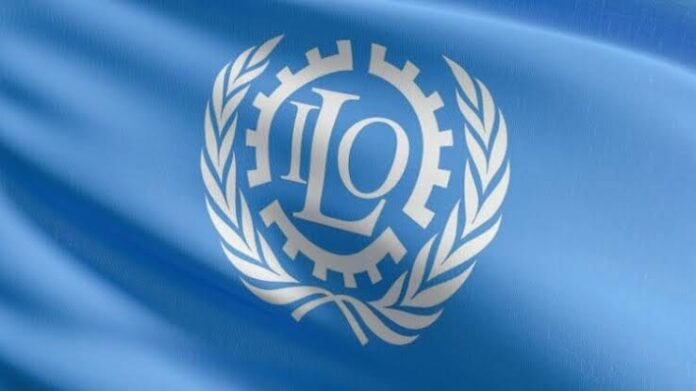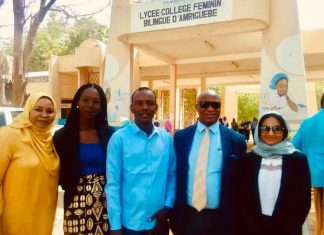According to the International Labour Organization, worldwide job growth will only be 1% in 2023—less than half of what it was in 2022.
In 2023, the ILO projects that there will be 208 million unemployed people worldwide.
In a press statement, Mia Seppo, the assistant director-general of the ILO’s jobs and social protection cluster, stated: “The cost of living crisis is driving more people into poverty, including working poor. The two billion people working in the informal economy, where they frequently lack legal rights or social protection, and the 200 million people living in abject poverty are among the most vulnerable employees.
She claimed that it was unlikely that employment would return to pre-pandemic levels in low-income nations this year.
“Our analysis suggests this is primarily due to a shift into the informal economy, which presumably postpones rather than answers workers’ issues,” she continued. “In those places where unemployment is currently below pre-crisis levels.
Seppo, in the meantime, urged Nigeria and other nations to accelerate their efforts to realize Sustainable Development Goal 8 on Decent Work for All.
ILO claimed that SDG Goal 8, which combines social, economic, and environmental targets, has an effect on all other Agenda 2030 objectives.
She remarked, “These phenomena were once the stuff of science fiction, but today they are the technological, demographic, and climate change-related factors altering the way we work. Examples include generative artificial intelligence that enhances human creativity and overheating megacities.
We don’t yet know if these influences will alter our workplace for the better or for the worse. The fact that the reforms are taking place amid significant current issues has compounded this anxiety.
When UN member states adopted the 2030 Agenda for Sustainable Development in 2015, they pledged to work toward a future where there is greater equity, sustainability, prosperity, and peace. She challenged nations to make sure that these improvements bring about that vision.
The SDG Summit in September in New York will include this as one of the major topics.
“Sustainable Development Goal (SDG) 8 is essential in this regard. SDG 8 aims for full and productive employment as well as inclusive and sustainable economic growth, or, in other words, “decent work for all,” she said.
Read Also: Senior Pastor of Fountain of Life Church Taiwo Odukoya is dead
It is the only SDG, in Seppo’s opinion, that combines social, economic, and environmental goals.
It might be considered a “multiplier goal” of the broader sustainable development agenda in that regard because, if realized, it will have a favorable effect on other objectives.
It is unrealistic to expect emerging nations to act independently in a globalized economy. If we want to actually change things, we need global cooperation. She cited the creation of universal social safety systems as an example.
These, according to her, could lessen poverty, fragility, and inequities as well as aid in managing conflicts and social tensions.
According to Seppo, in order to reach this goal, humanitarian aid must be focused on bolstering social safety institutions and state capacity.
She emphasized, however, that a reorganized and rebalanced approach to globalization was important and that concerns about the effect of technology on job losses were legitimate.
She asserted that advancements in technology may lead to new employment prospects in developing nations.
“Furthermore, we must make sure that everyone involved in these supply chains reaps the rewards.
“We need to have clear, open policies and behaviors that are perceived as fair in order to bring all the elements of this strategy together. Because of this, the ILO is urging the creation of a Global Coalition for Social Justice, she pointed out.
Join Television Nigerian Whatsapp Now
Join Television Nigerian Facebook Now
Join Television Nigerian Twitter Now
Join Television Nigerian YouTUbe Now





